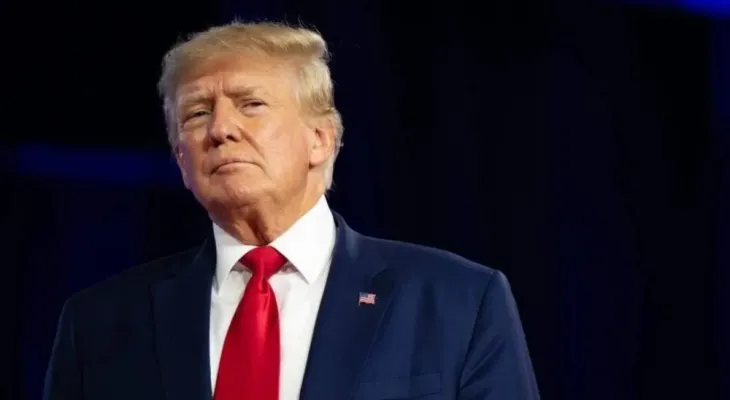Search here
Newspaper
Search here

Arab Canada News
News

Published: June 16, 2025
As Canadian Prime Minister Mark Carney hosts the G7 summit meetings in Kananaskis, Alberta from June 15 to 17, hundreds of protesters took to the streets of Calgary and Ottawa to object to the presence of some participating leaders, notably U.S. President Donald Trump.
The summit is being held at a time of heightened sensitivity both regionally and internationally, amid rising tensions between Israel and Iran, giving the meeting strategic importance that goes beyond its usual economic agenda.
"Back, Yankee": Direct messages against Trump
In a striking scene, Leslie Boyer, a grandmother from Calgary, sat in a wheelchair holding a sign attacking Trump, saying she wanted to be “on the right side of history” through her participation. She expressed her anger at previous remarks by the U.S. president describing Canada as potentially becoming the “51st U.S. state.”
The protesters, coming from diverse backgrounds including workers, indigenous peoples, and environmental activists, raised signs that read: “Back, Yankee,” referring to a rejection of U.S. interference in Canadian affairs.
Designated protest areas and screens in front of leaders
In an unusual move, Canadian authorities designated three official protest areas in Calgary and Banff, with live broadcasts of these demonstrations shown directly to the leaders gathered at the isolated mountain site in Kananaskis, chosen for heightened security reasons.
Leftist criticisms: the summit protects elite interests
Eva Clark from the Revolutionary Communist Party of Canada stated that the summit “does not serve the interests of the people, but rather reinforces the policies of the capitalist elite.” She added, “We are not just sending messages to leaders, but to the whole world to see that there is an opposing voice.”
Expanded international participation at Canada's invitation
Alongside the leaders of the member countries – France, Britain, Germany, Japan, Italy, the United States, and the European Union – Prime Minister Mark Carney invited several leaders from outside the group to participate in expanded sessions to discuss global issues, notably energy security, climate change, artificial intelligence, and the war in Ukraine.
Comments